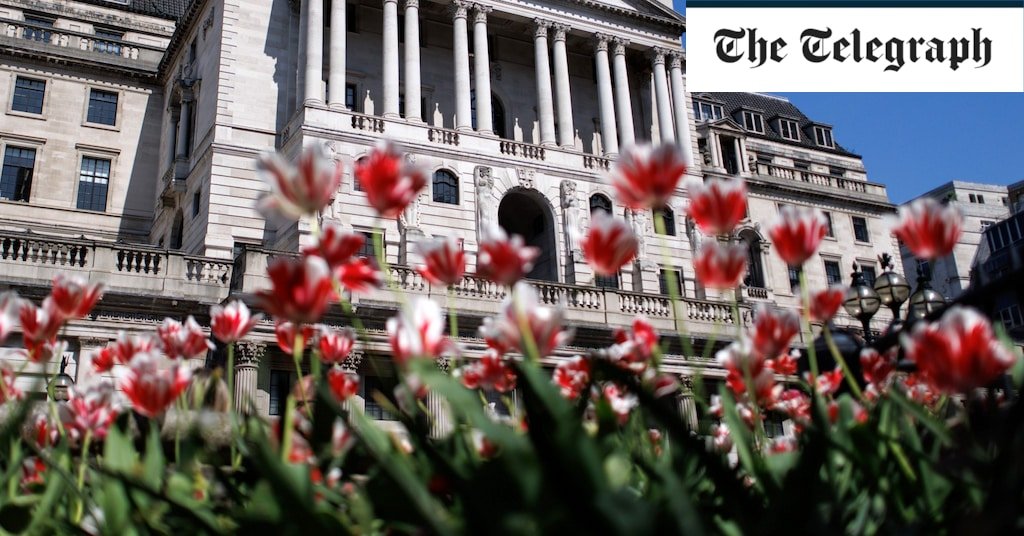What’s the best deal on the market?
For easy access accounts, Monument Bank is offering 5.01pc, but requires a minimum deposit of £25,000, according to Moneyfacts. Close Brothers Savings pays 5pc, and requires you to pay in at least £10,000 to open the account. As these are both variable-rate accounts, the rate could change at any time.
For a fixed account, Habib Bank Zurich pays 5.21pc for a one-year bond.
Longer-term bond rates, which usually pay more, currently have lower rates – but could still be worth considering if rates start to fall more widely later this year. You can get 4.57pc from Shawbrook Bank for a five-year fix.
What does it mean for your pensions and investments?
The stock market is not officially linked to inflation or the Bank Rate, but as both are significant indicators of the state of the economy, they can have a big impact on investor sentiment.
Jason Hollands, managing director of Bestinvest by Evelyn Partners, said this morning’s inflation rate drop could be good news for investors. “The combination of easing inflation, the prospect of lower borrowing costs and an improving UK growth outlook should also prove supportive for UK equities, especially the more domestically focused small and medium sized names, which have been deeply unloved in recent times,” he said.
“This could be a good entry point for investors, as UK equity valuations remain very cheap compared to global equities, a point evidently not lost on the wave of bids for British companies by foreign acquirers and private equity funds we have seen recently.
“The UK stock market has certainly been confronted with many challenges including a dearth of IPOs and companies being lured to overseas exchanges, but better economic news, high levels of share buybacks and a wave of bids are creating lots of opportunities for investors.”
Low inflation may impact retirees, or those who are due to retire soon, due to its impact on bonds. Pension “lifestyling” strategies tend to move towards less risky investments as you reach retirement, in order to shield your money from market fluctuations – often, this means increasing your proportion of bonds.
Bonds become more attractive in periods of rising inflation as the value of the income in real terms is increased. This is good news for those who already hold bonds, but more expensive for those who are yet to buy.

